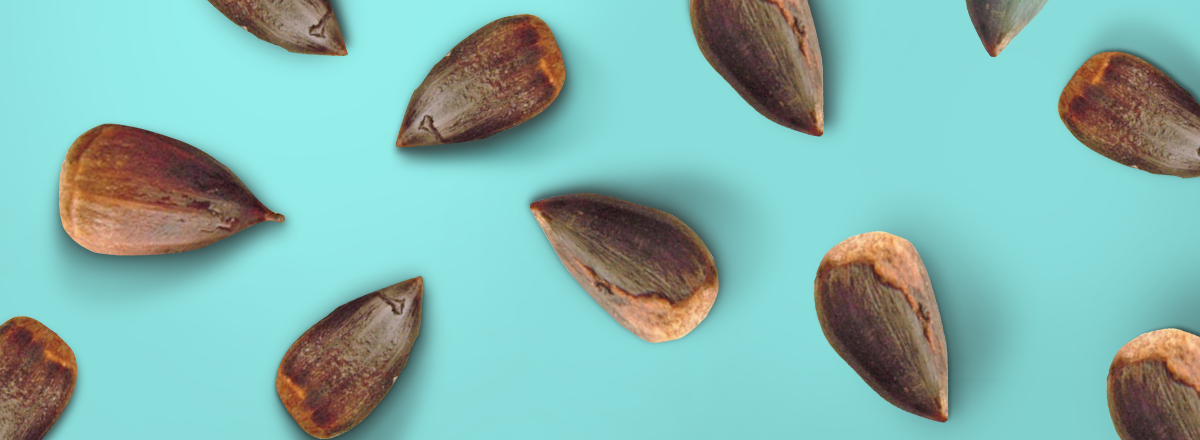A package of seeds was received by a US resident who did not order any seeds. The responsible citizen immediately redirected the mysterious seeds to the USDA.
Residents of the USA, Great Britain, Canada, and possibly some other countries, have recently received a lot of parcels with seeds that they did not order. This became known to the United States Department of Agriculture (USDA), which launched its own investigation. Similar complaints were subsequently reported by the supervisory authorities of several other countries.
#APHIS is working closely with @CBP and State Depts of Ag re: unrequested seeds. If received, pls contact State Dept of Ag https://t.co/g0WhR57Wv3 or the #APHIS State Plant Health Office https://t.co/CdHtWghDbC. Keep packaging and do not plant seeds from an unknown origin! pic.twitter.com/LORKeTh4Tc
— USDA APHIS (@USDA_APHIS) July 27, 2020
The package with seeds looks like the most common parcel, the label of which says that the contents are "jewelry" or "toys." At the same time, inside, instead of accessories or toys, there are Ziploc bags with seeds of pumpkin, cabbage, jimsonweed, and other plants. Based on the reports available to date, most parcels had Chinese addresses indicated as return addresses, and the seeds themselves were labeled "Made in China." However, Chinese authorities deny any involvement in what is happening.
We have received reports of people receiving seeds from China that they did not order. If you receive them - don't plant them. Report to @USDA_APHIS at https://t.co/0U53rbAiHs pic.twitter.com/Y4yAKv5bk7
— WA St Dept of Agr (@WSDAgov) July 24, 2020
In the United States, the scale of the mailing is quite significant: in the state of Florida alone, according to the local branch of the ABC channel, unsolicited seeds were sent to more than six hundred residents. A July 29 USDA report says residents of at least 22 states have already filed complaints about such packages.
The United States fears bioterrorism
Agricultural departments of different countries urge to treat the packages with increased caution. Officials of all countries involved in the mystery seed case do not recommend sowing seeds obtained from unknown sources.
“Do not plant seeds from unknown origins. Unauthorized seeds could be the seeds of invasive plants, or carry plant pests, which can be harmful when introduced into Canada. These species can invade agricultural and natural areas, causing serious damage to our plant resources,” says the message by the Canadian Food Inspection Agency (CFIA).
Serious Warning: if you recieve any of those Chinese seed packs, do not plant them! This happened to my friend. pic.twitter.com/ciZIjdmnjH
— TheMorningSpew2 (@TheMorningSpew2) July 31, 2020
Hey y’all, have you heard about those unsolicited seed packages being shipped over from China? Don’t plant them. pic.twitter.com/NGjFBkZqjy
— Anne “Wear a mask!” Sagebiel😷 (@AnnieSage) July 31, 2020
Chinese Foreign Ministry Spokesman Wang Wenbin emphasized that sending seeds is prohibited by the Universal Postal Union, which the PRC adheres to. He also pointed out that after the packages had been checked, it turned out that the addresses were forged and contained errors.
What happens when you plant the mystery seeds from China. #RayHarryhausen #JasonAndTheArgonauts pic.twitter.com/wv0VK4wOm4
— Robert Partridge (@MeInAPearTree) August 3, 2020
Simple explanation: the rating boost in online markets
Despite the general anxiety, the USDA has not yet found any reason to link the packages to bioterrorism or any threats to the country's agriculture. The department is inclined to believe that this is simply a fraud with reviews in online stores.
This type of scam is called a brushing scam. Unscrupulous stores hire people to write fake reviews to increase their rating on marketplaces. But in order for the scheme to work, you need to get the confirmation of the delivery of the goods from the postal service. To get this confirmation, the owner sends unnecessary packages to the addresses of real people in the most interesting countries from the point of view of sales, and the information from the parcels’ tracking is then used to confirm fake reviews.
We now live in a world where we have to be told not to plant mystery seeds shipped anonymously from China.
— Topher's Tweets (@GravesTopher) July 27, 2020
I mean, did anyone even see the movie? pic.twitter.com/GuDyM3xj14
It doesn’t matter what exactly scammers put in a package, so they usually send either just an empty package or some nonsense. It is not clear why, in this case, the scammers chose seeds, which, even if you actually order them, are prohibited for shipment according to international rules.













